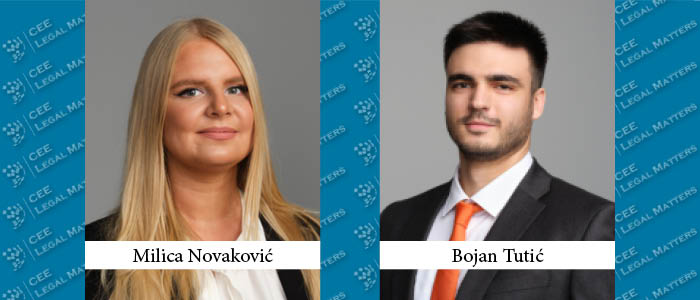This year, the internet has been captivated by a sensation known as “Barbenheimer,” a phenomenon that emerged just before the blockbuster film releases of “Barbie” and “Oppenheimer.” Having previously explored the Barbie intellectual property (IP) landscape, it’s astonishing to find yet another connection between these two cinematic sensations that stand at opposite ends of the IP spectrum.
Oppenheimer and the IP Landscape
When diving into the Oppenheimer film, a captivating narrative about J. Robert Oppenheimer and the atomic bomb, we find unexpected threads of intellectual property intricacies interwoven with the quest for nuclear energy. Unknown to many, the U.S. government covertly submitted a plethora of patent applications through various intermediaries. These covered the entire spectrum of atomic bomb development.
In hindsight, using patents to control atomic weapons might seem counterintuitive. One might wonder, what was the U.S. government’s endgame? To sue other nations for infringement? Demand royalties? But at the dawn of nuclear technology, these patents were crucial for administrators aiming to control this formidable invention in the postwar era.
Patent Law and National Security
Patent law usually grants inventors a temporary monopoly on their invention in exchange for disclosing how it functions. However, when it comes to top-secret weapons like atomic bombs, traditional patent laws pose a security risk. The U.S. has a mechanism to tackle this problem: secrecy. The patent application may be under wraps for inventions detrimental to national security. This prevents international patent filing and delays the patent approval until secrecy is lifted. This extended the patent’s life, as its enforceability countdown did not begin.
By 1947, the U.S. had scrutinized over 8,500 technical reports and 6,300 technical notebooks, resulting in approximately 2,100 approved patent applications. The volume of these numbers speaks to the monumental scale of the operation, covering everything “from the raw ore as mined to the atomic bomb.”
Barbenheimer and IP in the Western Balkans
The Barbenheimer phenomenon has also garnered attention in the Western Balkans. Although the Barbie franchise enjoys strong IP protection in this region, the situation changes significantly with Oppenheimer. IP laws here prohibit patents that contravene public order or morality, thus raising questions about patents on bombs. For instance, in Serbia, there have been no patents on bombs or similar devices.
Barbenheimer Sensitivities in Japan
The Barbenheimer phenomenon has had a contentious reception in Japan, where the Oppenheimer film has not launched yet. There was a significant backlash when the official Twitter account for the live-action Barbie film posted an insensitive image. It featured a nuclear explosion and a pun -“It will be a blast.” Given Japan’s unique history with atomic bombings, such insensitivity sparked outrage.
Conclusion
The Barbenheimer phenomenon captures the complex interplay between cinema, intellectual property, and societal values. While the IP landscape of Oppenheimer sheds light on the complexities and historical implications of patent law, the global embrace of Barbenheimer by countries like those in the Western Balkans reflects its worldwide impact. While the region protects Barbie’s IP rights, the discussion takes a thought-provoking turn when considering Oppenheimer’s subject matter and its potential implications on public order and morality. Lastly, the controversy in Japan serves as a reminder of the sensitivities we must honor in an increasingly interconnected world. As the curtain falls on the Barbenheimer phenomenon, it stands as a testament to the impact of cinema on a range of discussions from IP to cultural values, encapsulating its significance across borders.
By Milica Novakovic and Bojan Tutic, Associates, Gecic Law



